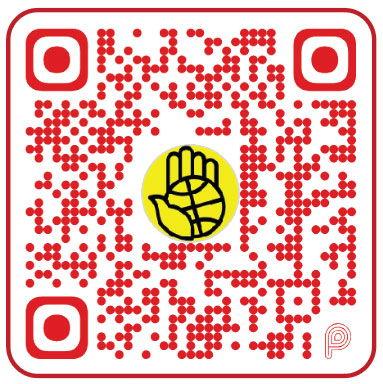Project Name
Integrated Approach to Reducing Sexual Gender Based Violence in Mzilikazi, Bubi and Umugza Districts, Zimbabwe
Project Location
Zimbabwe
Project Natures
- Advocacy
- Children and Youth Development
Project Objectives
- Enhance community residents’ awareness of sexual violence, gender-based violence, and human rights.
- Assist survivors of sexual violence and gender-based violence and other individuals in need in accessing sexual and reproductive health services at community clinics.
- Help women and girls in need access living subsidies and psychosocial support.
Beneficiaries
Residents of Mzilikazi, Bubi, and Umguza communities, community leaders, church leaders, and survivors of sexual violence and gender-based violence.
No. of Beneficiaries
Approx. 2,320
Key Activities
- Community education: organise training, community dialogues, men’s groups, and other activities to promote awareness of gender equality and human rights among men, women, community members, and religious leaders.
- Establish savings and microfinance groups for women to improve their socio-economic status.
- Provide legal support and referral services (sexual and reproductive health services, safe accommodation, and livelihood assistance) for survivors of sexual violence and gender-based violence.
Project Period
Dec 2022 to Nov 2025
Expenses
Approx. HK$992,000
Impact Story
Thabiso lost her mother when she was seven years old and had been living with her father and three siblings ever since. As the eldest sister, Thabiso has taken on the role of a mother and caregiver within the household. One day, her father sexually assaulted her and threatened her not to tell anyone, or else he would kick her out of the house.
Later, Thabiso confided in a friend, and the truth came to light. Her father was sentenced to life imprisonment. However, he was the sole breadwinner of the family, and after his incarceration, Thabiso and her three siblings were left without support, forcing her to drop out of school. Relatives blamed Thabiso for reporting her own father, leading to poverty and her siblings’ inability to continue their education. They took away her siblings while casting Thabiso out, leaving her alone in the bushes, struggling to find food and shelter. To survive, Thabiso resorted to theft and selling her body.
In her darkest times, Thabiso desperately needed support from peers. Though she was no longer attending school, she participated in the children’s group organised by the Trinity Project because it allowed her to see friends. The group facilitator recognised Thabiso’s intelligence and athletic talents. Later, when Thabiso fell ill, the facilitator discovered she had contracted a sexually transmitted infection, which disclosed her traumatic experiences. Through the coordination of the facilitator and the Trinity Project, Thabiso received assistance from government agencies and community members, received medical treatment, and was admitted to a children’s shelter. Being older than the other foster children, Thabiso once again took on the role of a caregiver within the shelter. Thabiso said, ‘I am enjoying this life because now I can attend school. This is the kind of life any child would hope for. Our past experiences do not fully determine the kind of person we are. It is more important to strive to realise our potential and achieve our dreams.’ Thabiso’s positive attitude in the face of adversity has inspired many, especially young people and children in the community who have experienced sexual abuse.
May God show mercy and grant wisdom to the Trinity Project, facilitating the reconciliation and reunification of Thabiso with her family. Through education and advocacy, may the number of cases of domestic violence and sexual abuse be reduced, allowing the children in the project’s community to grow up in an environment of love.
PARTNER INFORMATION
Partner Name
Trinity Project
Year of establishment
2008
The Year Our Partnership Started
2011
Partner's Mission
Through advocacy, education and legal support, help women and children to access their civil rights, legal safeguards, and social services such as education and health care so that they can grow up in a safe and healthy environment, free from harmful customs, HIV transmission, domestic or sexual violence.
donation method
(Please specify: ‘Development & Advocacy’)
Cheque
Please make it payable to CEDAR FUND
Direct Deposit
HSBC: 004-600-385678-001
BEA: 015-185-68-00931-7SSA
BOC: 012-581-2-020114-7
DBS: 016-478-001364162
Faster Payment System
FPS ID: 3354016 or scan the below code in the online banking
After donation, please send a completed Donation Form, enclosing with cheque, bank-in slip or screenshot of successful payment along with your name, contact phone number and mailing address to us via mail, email or WhatsApp.
Address: CEDAR Fund, G.P.O. Box 3212, Hong Kong
Email: sharing@cedarfund.org
WhatsApp (for donation matters only): 5160 7549
- CEDAR is an approved charitable institution and trust of a public character under section 88 of the Inland Revenue Ordinance. Please visit Inland Revenue Department website for details.
- CEDAR Fund will issue a receipt for a donation of HK$100 or above for tax deduction. For a donation of less than HK$100, please get in touch with us to issue a receipt.
- Please DO NOT fax any donation information.



